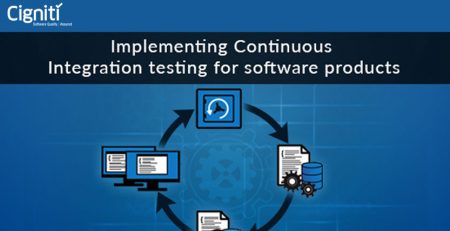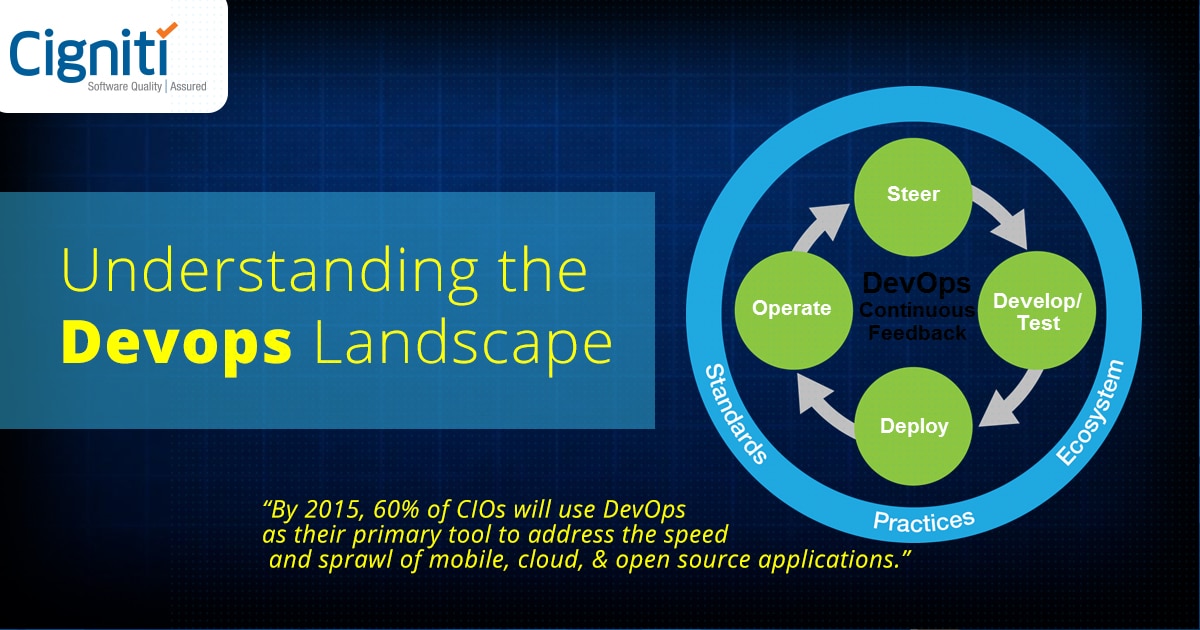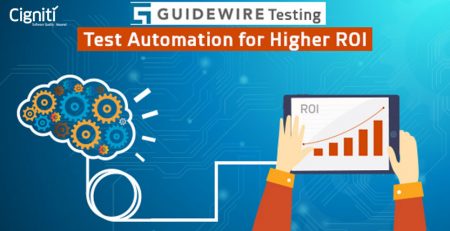The need for DevOps and automation in manufacturing
If you always do what you always did, you’ll always get what you always got.
But now doing what we always did will not get us what we always got. Times have changed, demands have changed, and there is a need for changing the ways in which we deal with the problems at hand and even, function. Manufacturing industry, in particular, have to evaluate and implement solutions to keep the lights on in their factories as it has been one of the most negatively impacted sectors during the current pandemic. With limited remote working functionalities and digital transformation in the infant stage, manufacturing industry is hit hard by the closed production lines, social distancing and heavy dependency on manual workers.
The President and CEO of the National Association of Manufacturers (NAM), Jay Timmons, reflected on the situation and said, “Already, manufacturers are grappling with disruptions to their businesses due to the COVID-19 outbreak, with many anticipating financial and operational consequences—even before some of the developments of this week…Across the country, manufacturers are stepping up to keep their employees and their communities safe and healthy, and working closely with elected officials, we can ensure the resilience not only of our companies but also our country.”
By taking a DevOps-driven approach for automation in manufacturing, the sector can create cross-functional process, streamline workflows, enhance the productivity, gain real-time performance visibility, and identify end-to-end accountability. Implementing DevOps helps underline the importance of taking a birds-eye-view at the performance of the whole system for identifying bottlenecks quickly, enabling and amplifying feedback loops for maximum efficiency, and creating a culture of continuous improvement for integrating quality into the releases.
Understanding the impact on the manufacturing industry
As the world economy is preparing to gradually return to a relatively normalized world, manufacturing sector not only has to implement measures for recovering from the disruption caused over the past few months but also have to take robust actions for facilitating business continuity and developing resilience. According to a recent survey results, about 71% of the manufacturers are concerned about the financial impact, 64% of them are anticipating a potential global recession, 41% are worried about the effect on their workforce and reduction in productivity, while almost 40% have concerns over reduced consumption which may result from a decrease in consumer confidence.
In such times, enforcing timely solutions to negate or, at least, minimize the impact of the pandemic by, manufacturers can succeed in re-instating their credibility and trust among customers, which may result in long-term benefits for the industrials. Taking lessons from the disrupted supply chains in the face of such a crisis, it is essential that transparency is established across the supply chain and real-time analysis is performed for proactively addressing such challenges in the future. Not only are the industrials required to accelerate product improvements for satisfying the changing demand patterns but also undertake an active performance management strategy for building resilience and flexibility.
Also read: How to use technology to cope with the Supply Chain slowdown
The importance of DevOps-driven manufacturing processes
We should keep in mind the fact that DevOps is not exclusive to the IT processes only. More than technology, DevOps is all about culture. Therefore, embracing a DevOps methodology dictates an end-to-end cultural change. In manufacturing, adopting DevOps can offer the following benefits:
- Greater visibility into the day-to-day activities
- Transparency across the manufacturing processes
- Real-time performance data
- Faster logging of issues and course-correction
- Rapid identification and elimination of performance bottlenecks
- Performance optimization by mapping weekly losses, identifying largest drivers and trends
- Holistic and repeatable solutions development
- Empowered cross-functional teams focused on a single component
- Actionable insights on customers, product design, and supply chain
- End-to-end accountability
- Minimum waste, maximum efficiency, greater productivity
The benefits of automation in manufacturing sector
In this environment of crisis, manufacturing companies and industrials should focus on three areas, as suggested by PwC – autonomous material movement such as autonomous forklifts & cranes and high-payload drones, automation of repetitive tasks including assembly with the help of industrial robotics and mobile/collaborative robots, and predictive maintenance by using IoT and AI.
Some of the benefits of manufacturing automation are:
- Higher workplace safety with limited involvement of human staff
- Increased rate of production with faster speed
- More efficient usage of materials with reduced risk of errors
- Reduced factory lead times and lower labor cost
- Higher product quality with decreased defect rate
Why leverage DevOps testing and test automation in manufacturing
Manufacturing sector is still in a nascent stage on its digital transformation journey with most of the Industry 4.0 and smart factory initiatives at the beginning stage. The technological disruption has resulted in the introduction of a range of programmable automation and intelligent software into the manufacturing processes. However, the inadequate experience with DevOps practices, automation, and AI & IoT, lack of proper tools, and having legacy infrastructure can make the transition from traditional processes to DevOps-driven automation quite challenging.
Also read: Smart Manufacturing: building quality in a digital world
By fostering an environment of collaborative development and continuous improvement, DevOps testing and test automation framework offer the benefits of automated and continuous quality monitoring, automated provisioning of virtualized test environments, standardized DevOps adoption processes, solutions, approach, & strategy, and automation of end-to-end reporting.
How can we help
Cigniti’s Test Automation Framework (TAF) provides support for extensibility, Service Virtualization, portability, forward integration, and just-in-time reporting that adds value leading to more than 50% overall cost savings in automation design, execution cycle, and maintenance. By leveraging our enablers and the assets developed by the Test Automation Center of Excellence, organizations have reduced efforts in developing their test automation framework by over 80%, saved more than 50% in test automation script development efforts, and realized over 70% reduction in overall regression testing efforts.
Listen to: Benefits and Procedures for DevOps Implementation in Traditional Quality Assurance Models
We standardize efforts and ensure accelerated time-to-market with DevOps testing solutions. With focus on delivering improved deployment quality with greater operational efficiency, our DevOps testing specialists help configure & execute popular CI/CD tools supporting your DevOps transformation and application testing efforts.
Schedule a discussion with our manufacturing domain experts and get a free consultation for your testing challenges.





Leave a Reply